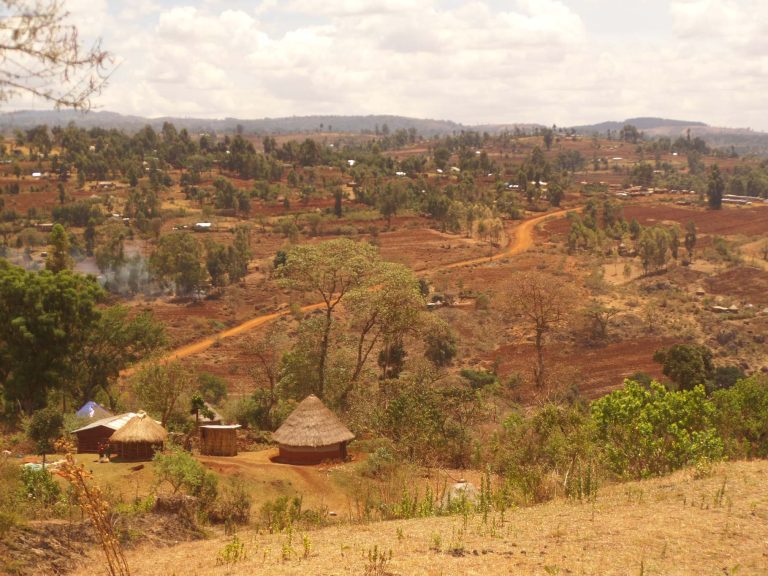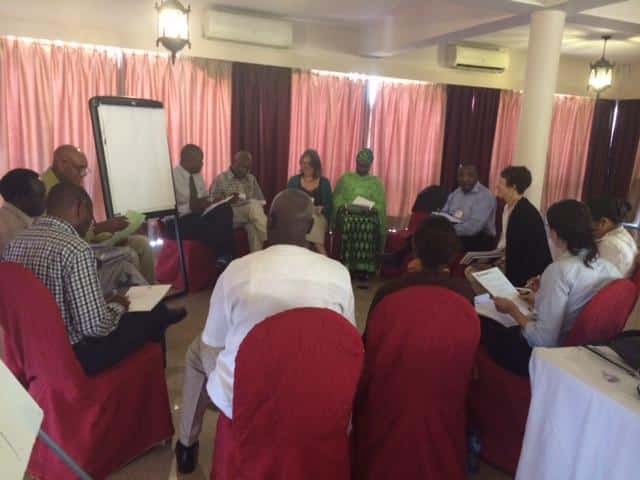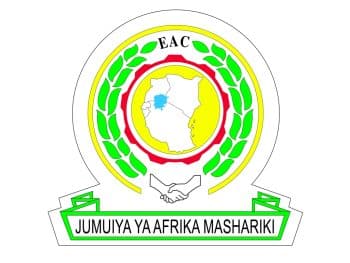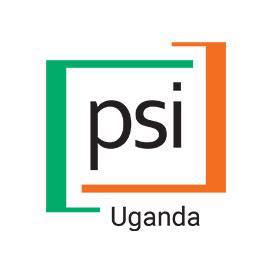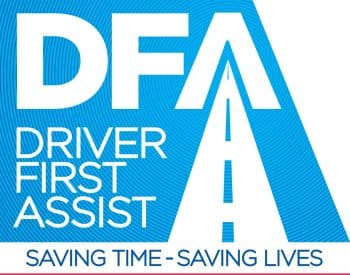Our Programmes

MAHEFA MIARAKA – Community Capacity for Health Program
Project background
The USAID Community Capacity for Health Program, known as Mahefa Miaraka in Madagascar, operated from 2016 to 2021 with a focus on improving community-based integrated health services. Funded by USAID and implemented in collaboration with Madagascar’s Ministry of Public Health and JSI Research & Training Institute, Inc., the program trained approximately 10,000 community health volunteers (CHVs) to deliver essential maternal health, child health, and family planning services.
Madagascar faced significant maternal and child mortality challenges, with mortality rates of 335 per 100,000 for mothers and 51 per 100,000 for children under five in 2019. One of the critical barriers identified was the lack of timely access to skilled healthcare due to transport limitations, exacerbated by difficult terrain and seasonal obstacles.
To address these challenges, Mahefa Miaraka focused on enhancing emergency transport systems (ETS) in communities. This involved establishing emergency evacuation plans (EEPs) in villages, which detailed available local transport options like ox carts, rickshaws, bicycle ambulances, stretchers, and canoe ambulances. By integrating these modes of transport into EEPs and collaborating with taxi cooperatives for long-distance referrals, the program aimed to ensure prompt access to healthcare facilities during emergencies.
Results
The program’s results were promising: between October 2018 and December 2020, over 76,395 patients utilised community ETS, including 46,779 children under five and 15,091 pregnant women. The initiative also saw a substantial increase in the use of cooperative transport vehicles during emergencies, highlighting the community’s growing reliance on these services.
Moreover, Mahefa Miaraka’s advocacy efforts led to reduced emergency transport costs, making healthcare more accessible for vulnerable communities. By engaging with transport cooperatives, the program facilitated negotiations for affordable transport fares, further improving access to critical healthcare services.
In conclusion, Mahefa Miaraka not only strengthened local health systems but also empowered communities to effectively manage and utilise emergency transport resources, thereby contributing significantly to reducing maternal and child mortality in Madagascar.

